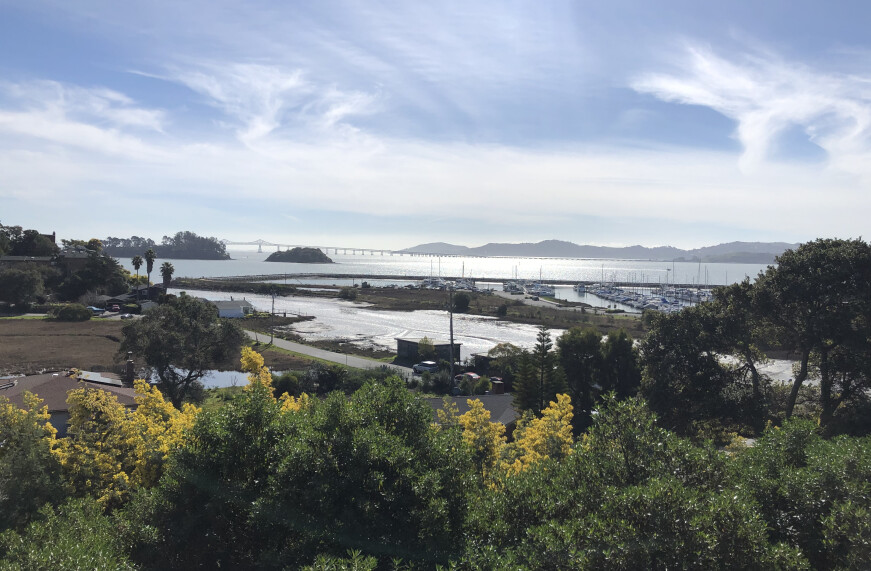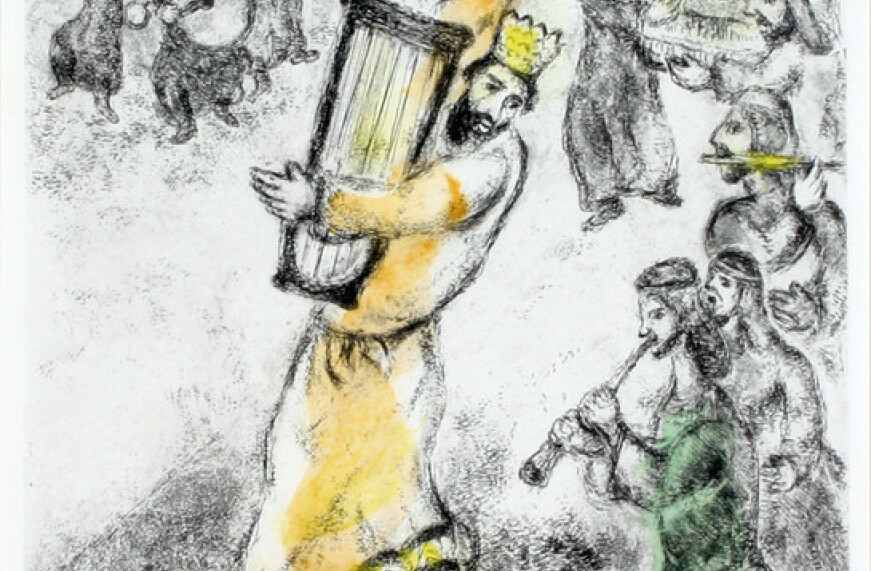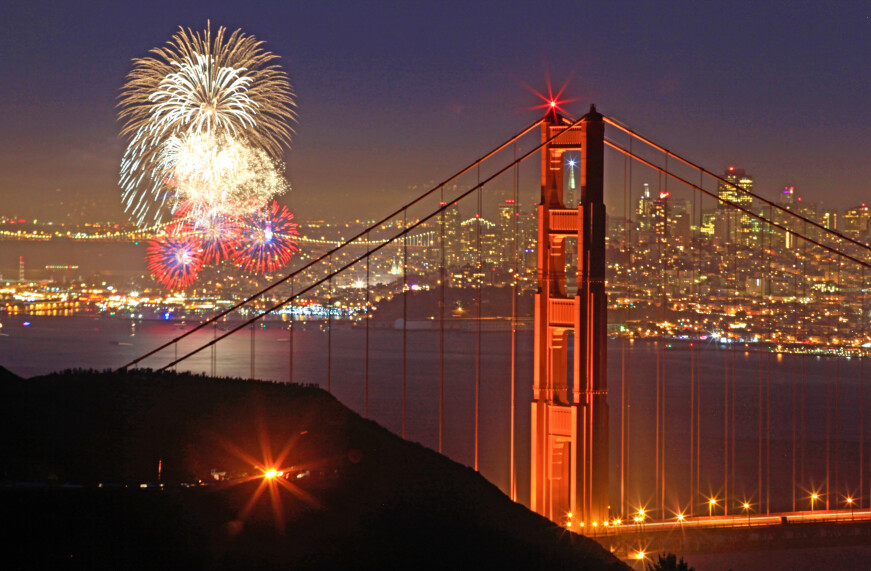Sunday, July 18, 2021

Dear St. Luke family:
For the next two Sundays, I’ll be on vacation. My husband David and I are headed to the Chicago area, where most of his family lives. We’ll participate in the delayed celebration of the life of his aunt, who passed away during the pandemic. It will be a family reunion; memorial services always are, with much laughter and sharing of memories as well as tears. We’ll spend the week with David’s family, and then drive to Des Moines, Iowa, to celebrate my birthday with my brother and his wife. My brother and his wife moved to Des Moines from California to be closer to her family. She was diagnosed with early-onset Alzheimer’s about 5 years ago, so I’ll be glad to see my baby brother and offer him some emotional support. After Des Moines, David and I will celebrate our 25th wedding anniversary in downtown Chicago before heading home.
The trip is all about family, and relationships, and maintaining ties across distances. We haven’t seen most of these family members since before the pandemic. Maintaining in person connections seems to be the work ahead of most of us as the pandemic eases.
That includes maintaining relationships with our church family. The pandemic forced us to change the way we did things. We’re all grateful for the technology that allowed us to gather safely for worship. It turns out some of our meetings and gatherings work just as well or better on Zoom. A Zoom meeting also reduces our carbon footprint. But we’ve also learned that we lose something by not being with each other in person. Many of you will remember the ad slogan during the 1960’s for long distance phone calls: “It’s the next best thing to being there.” Perhaps Zoom is now the next best thing to being there, but it isn’t being there. Research shows that people need people, and not just online. We need to be present, in person, with each other for our emotional and even for our physical health. Over Zoom, you can’t share in laughter, hear your neighbors sing, catch nuances of expression, or give or receive hugs. You can’t hear the music as it’s meant to be heard. You can’t share a story over a cup of coffee and a doughnut. You can’t greet newcomers and help them to feel welcome at St. Luke.
It will take time for people to feel comfortable returning to church. People have different needs for safety. We must respect that. This summer, many of us will miss Sundays at church because we are catching up on missed family time. That is wonderful, something to celebrate. And I look forward to the time when we are all back in the sanctuary again.
This Sunday, come hear Dvera Hadden, who will be preaching from Chapter 2 of Ephesians, “When Walls Divide Us.” I’m grateful to Dvera, Becky Viebrock, Beth Potillo-Miller, Erich Miller, Jose Guarcas, liturgist Laura Hislop, and to all who help make worship happen while I’m away.
Grace and peace,
Joanne Whitt
Interim Pastor


